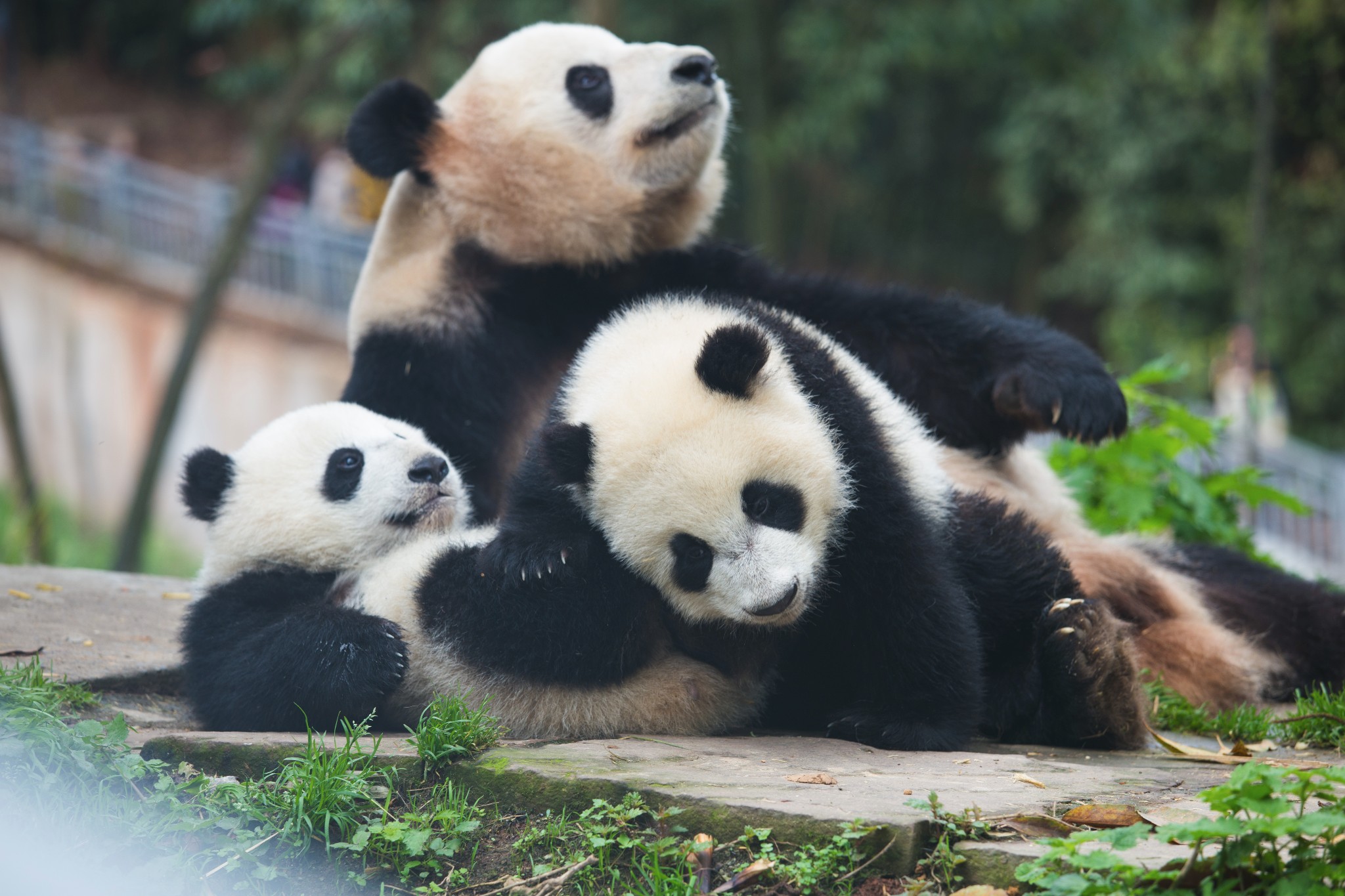

Tai Shan was the first animal to be permanently repatriated in the modern era of China’s ‘panda diplomacy’. Indeed, just as politics influences the gifting of pandas, it’s also a factor in their removal. The loan was only rekindled when Beijing looked to build allies in the region amid growing anti-China sentiment in Southeast Asia. However, the deal was postponed due to political tensions as Beijing authorities disagreed with the Malaysian authorities’ handling of the disappearance of flight MH370. In the case of Malaysia, an agreement that a pair of pandas would be sent to Kuala Lampur Zoo was signed in April 2014. However, shifting political relationships can impact the provision of pandas.
#CHINA PANDA FREE#
For example, China loaned pandas to Singapore and Malaysia after they signed the ASEAN-China Free Trade Agreement.

Pandas were sent after major trade agreements as a way of expressing a desire for a long-term trade relationship. When the Chinese government started the current wave of ‘panda loans’, researchers discovered a pattern. Pandas were sent after major trade agreements as a way of expressing a desire for a long-term trade relationship The ‘panda loan’ – a political bargaining chip After the animals became endangered, ‘panda loans’ also became part of an effort to continue conserving the pandas in the wild. As a way to develop foreign investment and coinciding with China’s ‘open-door policy’, pandas became a loan dependant on a financial transaction in 1984. However, the pandas didn’t remain a free gift for long.

Following President Richard Nixon’s visit to China in 1972, the US was given a pair of giant pandas as a sign of diplomatic rapprochement. When China started to open up economically in the 1970s, pandas were sent as gifts to Western countries, including the UK, Germany and Japan. Indeed, Chairman Mao Zedong continued this practice in the 1950s by presenting pandas to favoured allies such as North Korea and the Soviet Union.Īs a way to develop foreign investment and coinciding with China’s ‘open-door policy’, pandas became a loan dependant on a financial transaction in 1984 In order to thank the US for its wartime aid in fighting the occupying Japanese, they were gifted a pair of pandas in 1941. Since then, the practice has become commonplace and a number of key events in China’s modern history demonstrate its significance. It is hard to pin-point the exact roots of panda diplomacy but it allegedly dates back to 685AD when Empress Wu Zetian of the Tang Dynasty presented a pair of bears to Japan. Credit: Unsplash From gifts for allies to financial transactions As well as being China’s national treasure, pandas were a symbol of peace in Ancient China and warring tribes would fly a panda flag to call a truce. Similar to the UK’s Royal Family, pandas represent a way to cultivate ‘soft power‘. Panda diplomacy is the practice of gifting pandas to other countries to help foster diplomatic ties. Similar to the UK’s Royal Family, pandas represent a way to cultivate ‘soft power’.


 0 kommentar(er)
0 kommentar(er)
